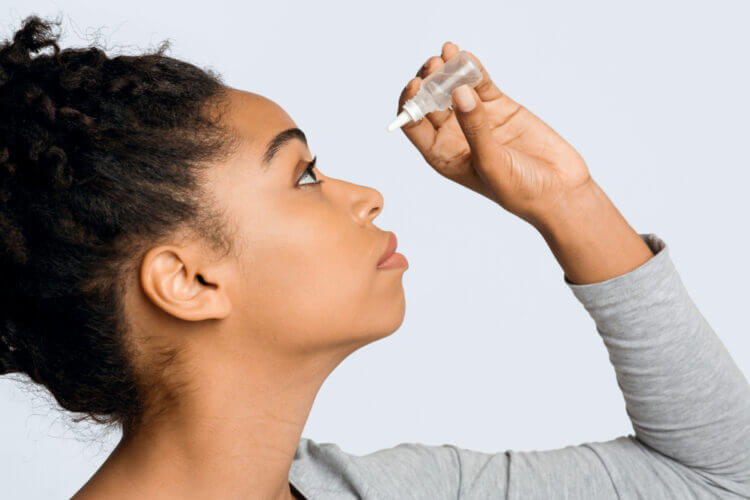
Eye Allergy Care
Allergies can affect the body in all kinds of crazy, unhappy ways and when an allergen goes after your eyes, you can find many of your favorite or most necessary daily tasks become a serious challenge. If you’re struggling with eye allergy symptoms, you’ll be glad to know that relief is close at hand.
Eye Allergies
An allergic attack is actually a misguided attempt by the body to protect itself. When a germ or other threatening substance comes into contact with the body’s tissues, the immune system produces antibodies and histamine to fight off the attacker. Sometimes, however, the attacker is nothing more than an innocent everyday substance, but you still get all of the side effects your body creates. The classic eye symptoms of allergies take the form of allergic conjunctivitis, a form of pinkeye. Redness, swollen eyelids, itchy eyes, blurred vision, and watery eyes can interfere with your comfort and your ability to drive, work, or read.
What’s setting off your eye allergies? The answer may be all around you. Airborne scents, smoke, industrial chemicals, pollen, pet dander, and dust particles can all create allergic reactions. Your allergen could also be lurking in the products you use in or around your eyes. Some cosmetics and contact lens cleaning solutions can contain chemicals that trigger eye allergies in certain people. You may even be having an allergic reaction to the proteins that collect on your contact lenses, a problem called giant papillary conjunctivitis.
A Variety of Allergy Treatment Options from Our Optometry Team
Our optometry team at Spectrum Eye Physicians is more than capable of diagnosing and treating eye allergies. We may administer allergy tests to pick out specific allergens that bother your eyes while also eliminating other possible causes for your symptoms. Once we’ve identified your allergy triggers, we can recommend strategies such as wraparound sunglasses (to keep wind-blown particles away from your eyes), environmental, or lifestyle changes, or a switch to different eye makeup, contact lenses, or contact lens cleaners. Antihistamines and other medications can also help you manage eye allergy symptoms.
Eye Allergies FAQs
If you are one of the millions of Americans who suffer seasonal allergies (like Hay Fever) it is possible you also suffer from eye allergies. Your eye doctors and ophthalmologist here at Spectrum Eye Physicians understand the impact itchy, puffy eyes and blurred vision have on their patient’s life, and we are here to help. With locations in Los Gatos, San Jose, Cupertino, and Santa Cruz, we can provide quality eye care and offer relief for your eye allergies. Since the first step to treatment is a correct diagnosis, we have provided some answers to the most frequently asked questions about eye allergies.
Contact Spectrum Eye Physicians Today!
Schedule your appointment online or call us at 408-884-2215. No matter which of our locations you visit, you will receive the latest in eye care technology from friendly eye doctors and staff committed to serving you.
Request Appointment